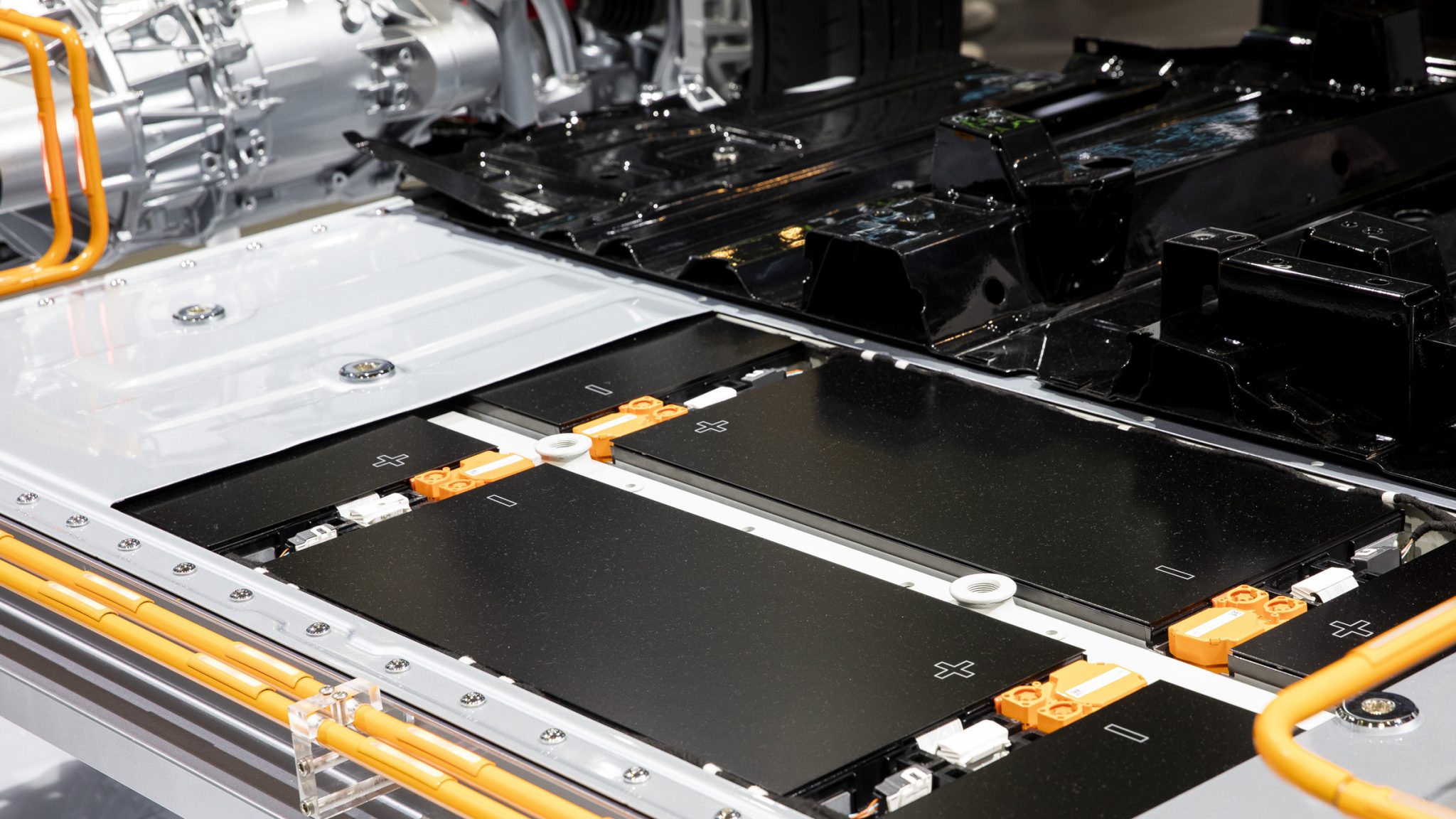
The European Automobile Manufacturers’ Associations (ACEA) welcomes the European Commission’s proposal to seek a three-year extension to the current rules of origin for batteries under the EU-UK Trade and Cooperation Agreement (TCA).
“Everything should be done to ensure the competitiveness of the mobility sector so that it remains a pillar of prosperity and employment in the European economy long into the future. Far beyond just trade, we need a holistic EU industrial strategy along the entire green value chain, from R&D, mining, refining and manufacturing; to charging networks, energy supply, purchase incentives, and recycling.” Sigrid de Vries, ACEA General Director.
A deal with the UK to extend the current rules for batteries would avoid the imposition of 10% tariffs on the export of European-built battery electric vehicles (BEVs) to the UK – the EU auto industry’s number one export market. It would come at a crucial moment in the scale-up of EU BEV production and the evolution of global BEV competition.
ACEA now urges the Council to approve the College of Commissioners’ proposal. “This is vital to ensure the well-being of not only EU BEV manufacturing, but also of the whole European battery value chain,” explained de Vries. “Failure to approve the proposal would result in reduced competitiveness of our exports. It would also have a negative knock-on impact on demand for European batteries and battery materials, based on lost BEV market share to third-country competitors.”
Indeed, it would come with a hefty price tag of €4.3 billion over the next three years for EU vehicle makers, potentially reducing BEV production by some 480,000 units, equivalent to the output of two average-size auto factories.
In the meantime, ACEA calls on EU member states to unanimously support the European Commission’s proposal. This will help secure the stability of our industry as it moves into the critical phase of its green transformation, and will help it face new global competition in BEVs.
ACEA members are deeply committed to supporting the development of an advanced and competitive green mobility value chain in Europe. Massive investment has been made in local supply chains, and battery production will ramp up significantly over the next years. The Commission’s proposal will help bridge the gap between now and the time at which those investments start to produce industrially significant output.
Source: acea.auto/press-release
